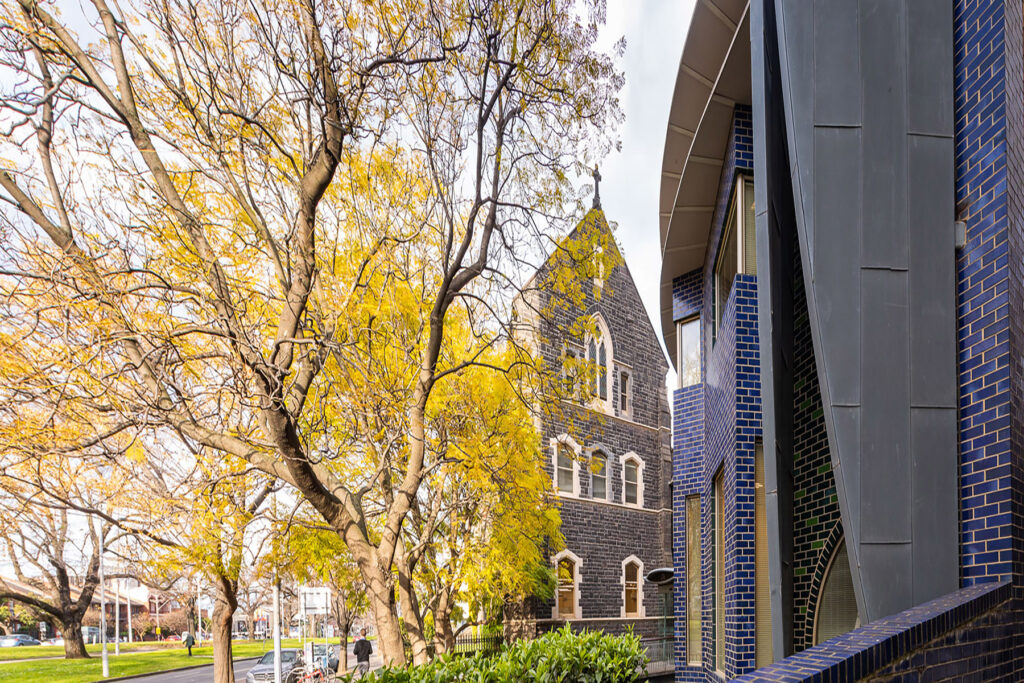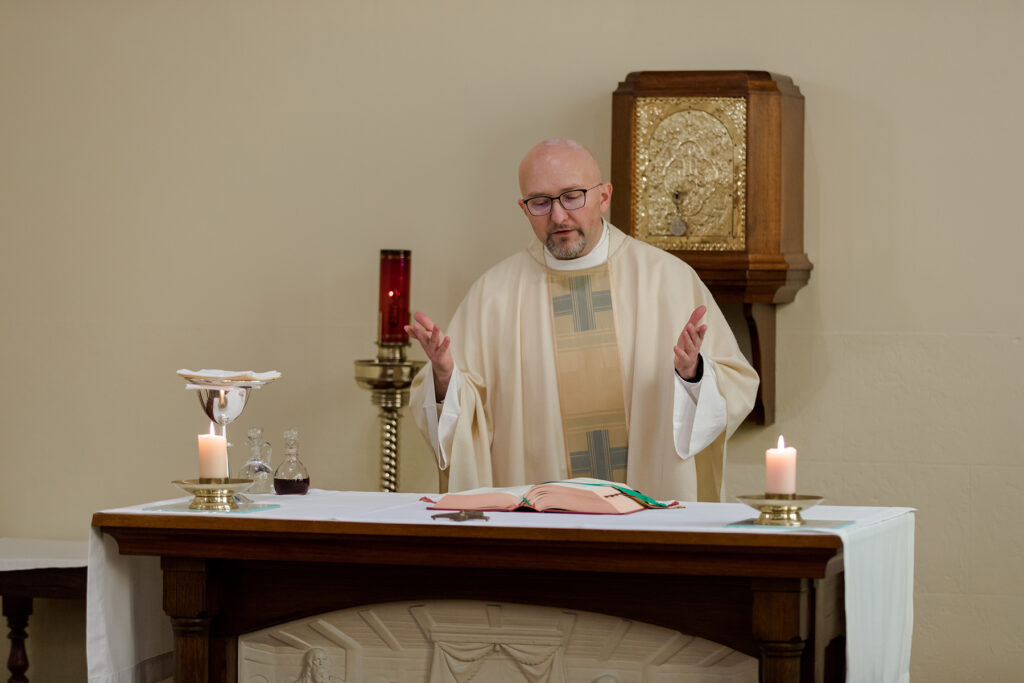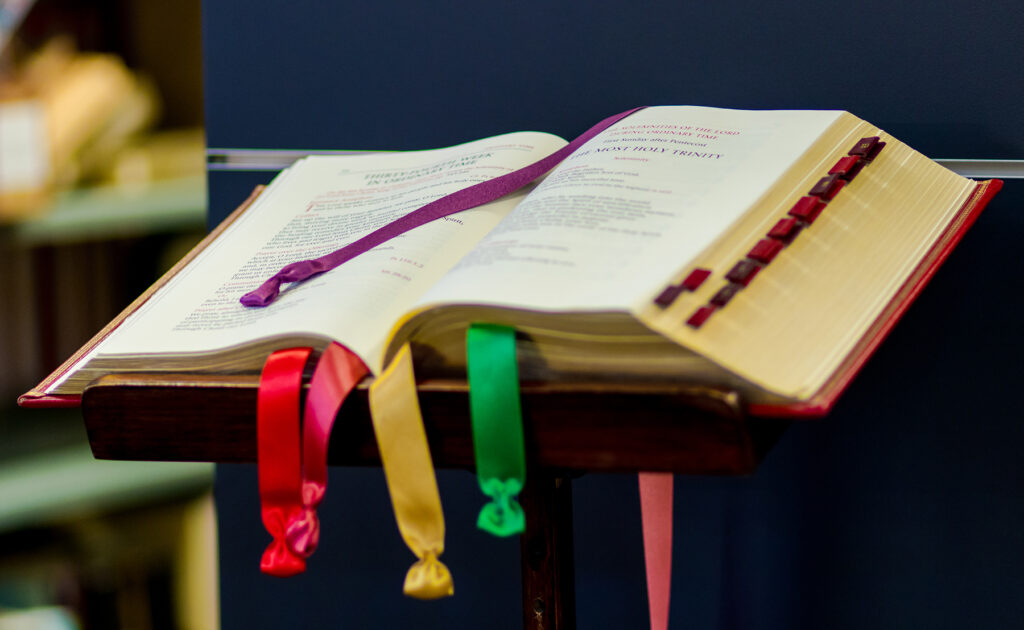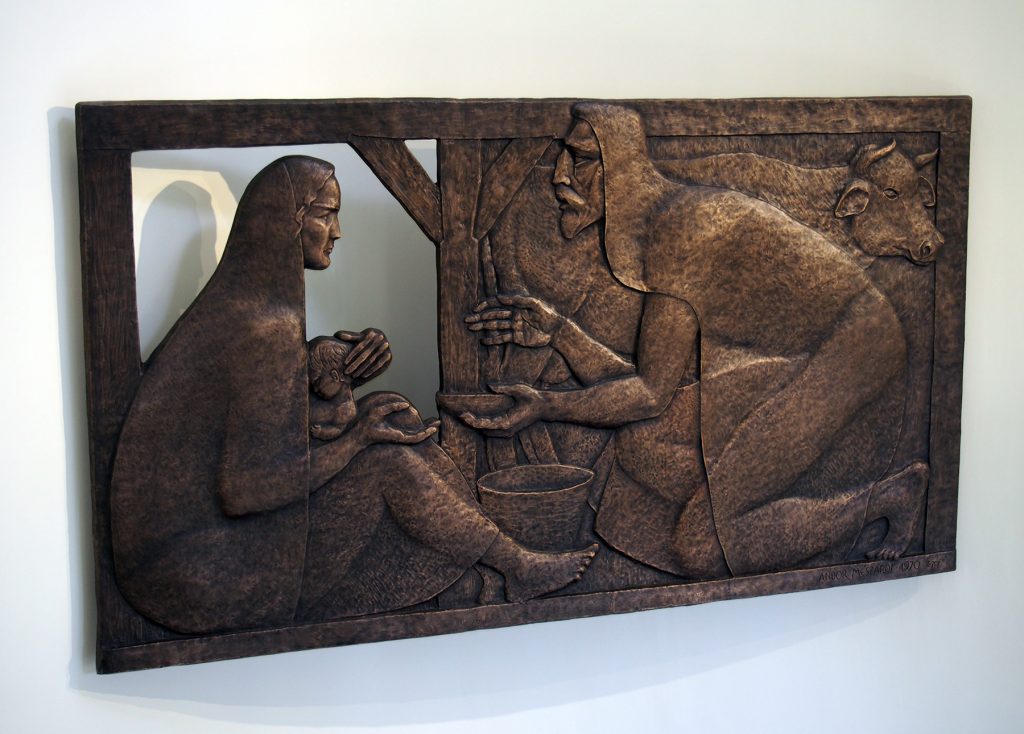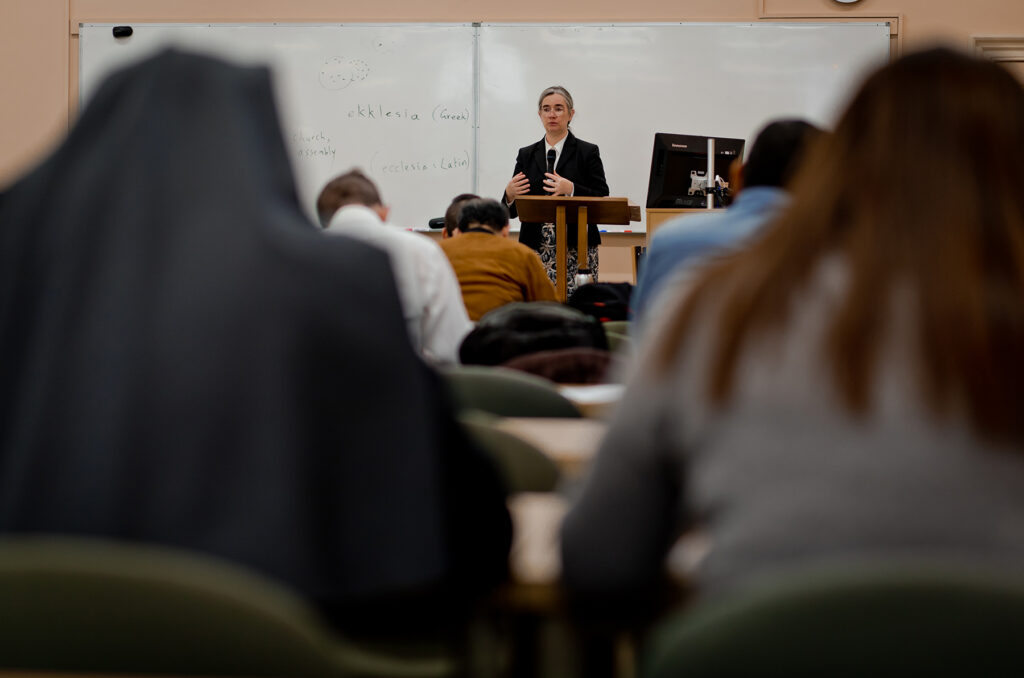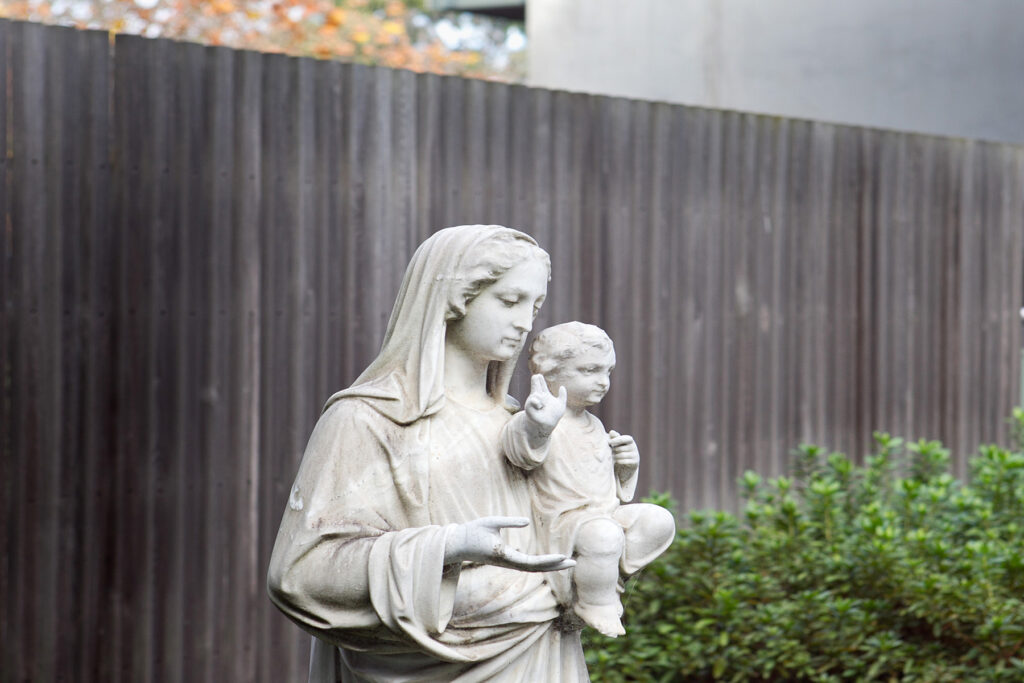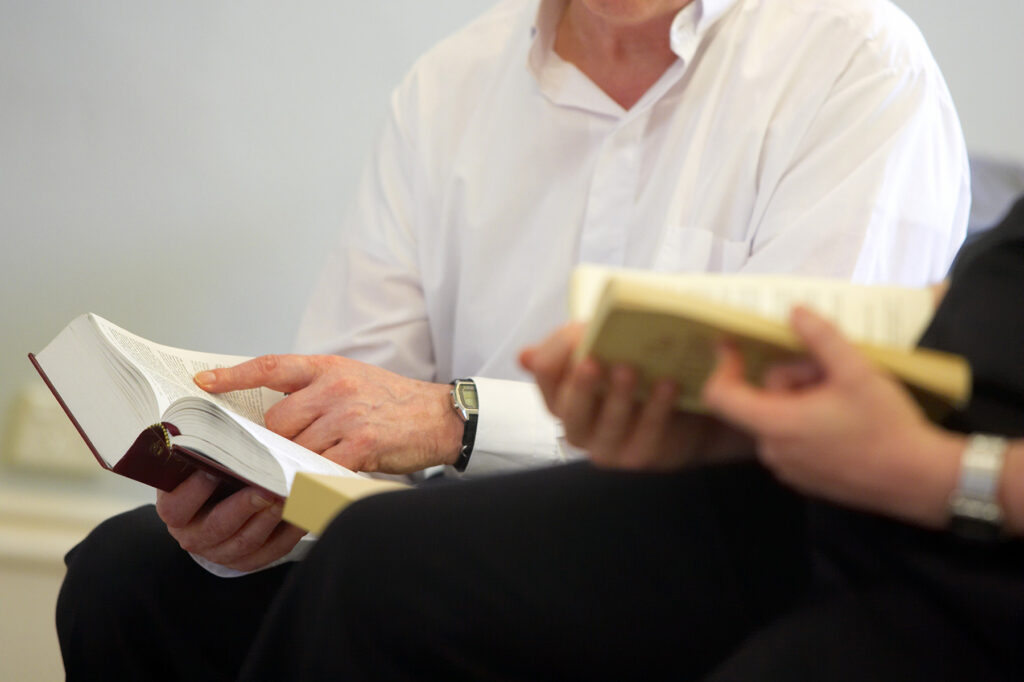Disciplines
- BS Biblical Studies
- BA Old Testament
- BN New Testament
- AL Biblical Languages
- CH Church History
- DL Liturgical Studies
- DC Canon Law
- DT Moral Theology
- DP Pastoral Theology and Ministry Studies
- AP Philosophy
- DR Religious Education
- DS Christian Spirituality
- CT Systematic Theology
- XS Undergraduate
- XS/XT Postgraduate
- CP Clinical Pastoral Education
- NM402

